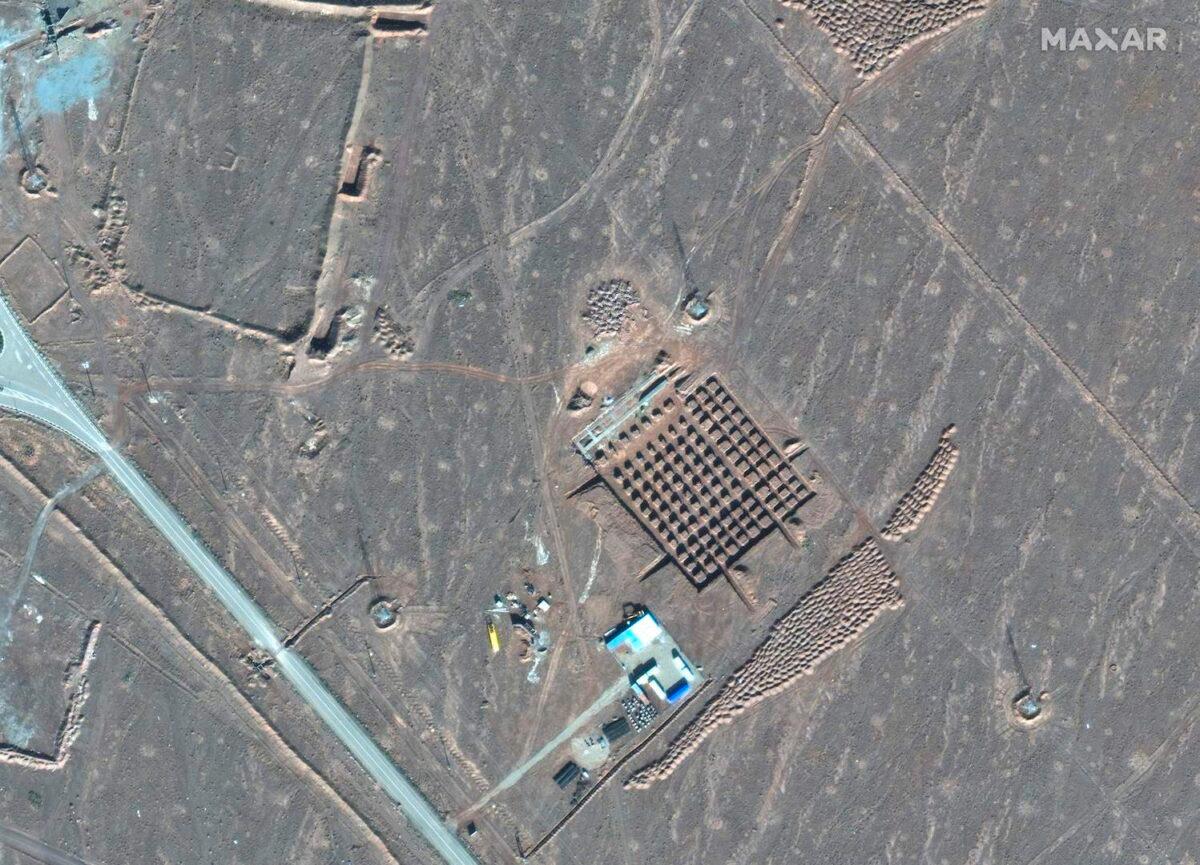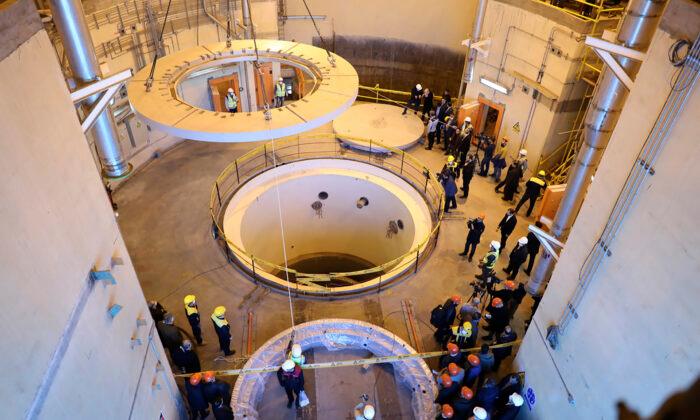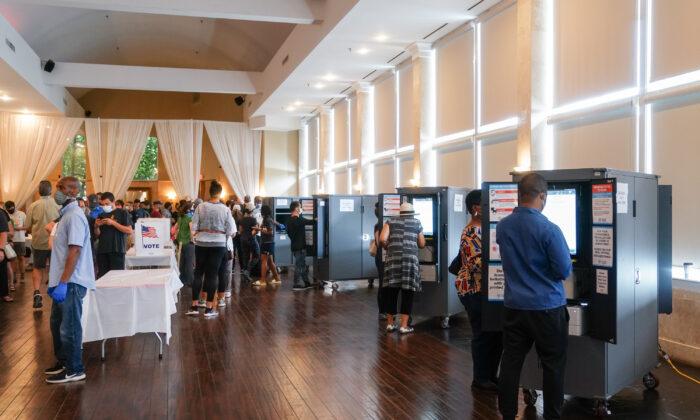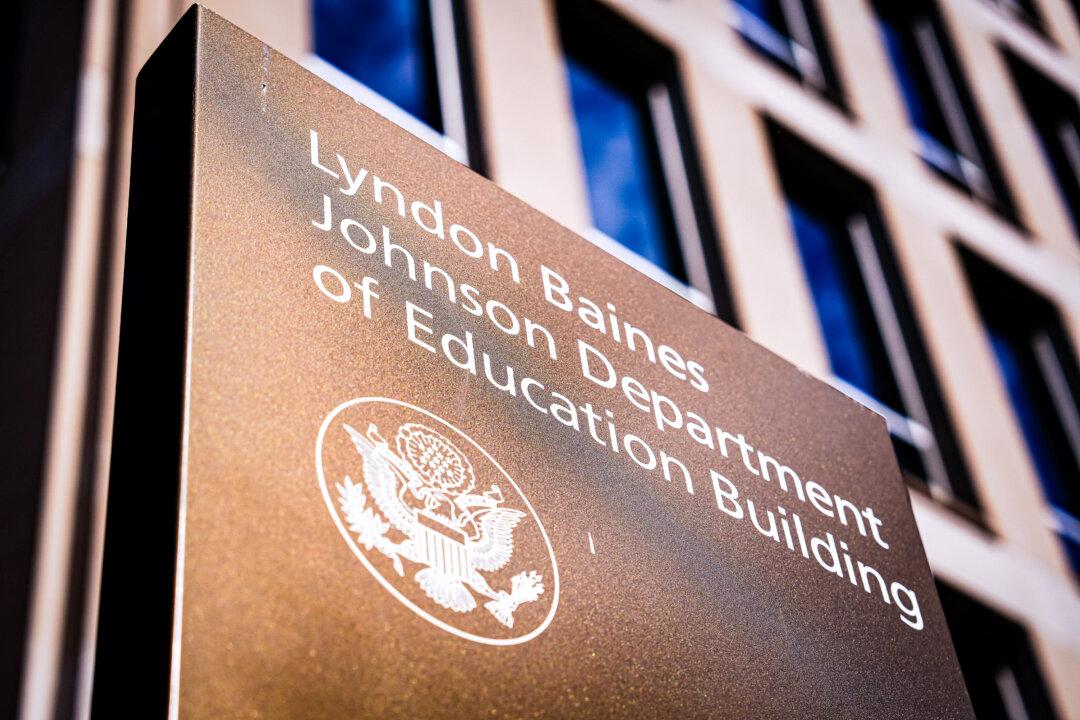The United States and Iran announced Friday that they would start indirect talks through intermediaries next week in a bid to get both countries back into an accord limiting Iran’s nuclear program, nearly three years after President Donald Trump pulled the United States out of the deal.
State Department spokesperson Ned Price called the resumption of negotiations, scheduled for Tuesday in Vienna, Austria, “a healthy step forward.”
“These remain early days, and we don’t anticipate an immediate breakthrough as there will be difficult discussions ahead,” Price said.
Tehran has ruled out face-to-face bilateral talks with the United States, something Price has signaled Washington would be open to.
“Aim: Rapidly finalize sanction-lifting & nuclear measures for choreographed removal of all sanctions, followed by Iran ceasing remedial measures,” Zarif added, reiterating an oft-repeated Iranian demand for the first move to be a lifting of sanctions.

Trump argued that the Obama-era deal failed to address Iran’s destabilizing influence in the Middle East and the development of its ballistic missile program.
“We cannot prevent an Iranian bomb under the decaying and rotten structure of the current agreement,” Trump said at the time.
After Trump pulled out of the deal, Iran violated some of the pact’s nuclear restrictions.
President Joe Biden came into office saying that getting back into the accord was a priority. But Iran and the United States have disagreed over Iran’s demands that sanctions be lifted first, and the stalemate threatened to become an early foreign policy setback for the Biden administration.
The announcement marks the first successful step in efforts to return both countries to the 2015 accord, something former Secretary of State Mike Pompeo recently said was a bad idea.
Pompeo supported Trump’s decision to pull out of the deal.
“We didn’t get all the way to where we would’ve hoped we could get, in respect to getting Iran to stand down and enter an agreement that would’ve actually avoided them having a nuclear weapon, but we made an awful lot of progress,” he said.
On Friday, Iran, China, Russia, France, Germany, and Britain—all parties to the 2015 deal—held virtual talks to see how to progress.
German Foreign Minister Heiko Maas said in a statement that it was good that talks were resuming.
“An agreement that is once again fully respected would be a plus for security for the entire region and the best basis for talks on other important issues of regional stability,” he said.
Returning to the Iran nuclear deal has been opposed by Israeli Prime Minister Benjamin Netanyahu, who said in a speech last November that was widely interpreted by Israeli media as a message to the incoming president, that, “we must stick to an uncompromising policy to ensure that Iran does not develop nuclear weapons.”





